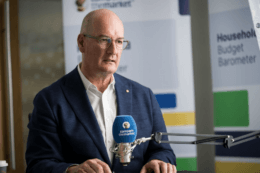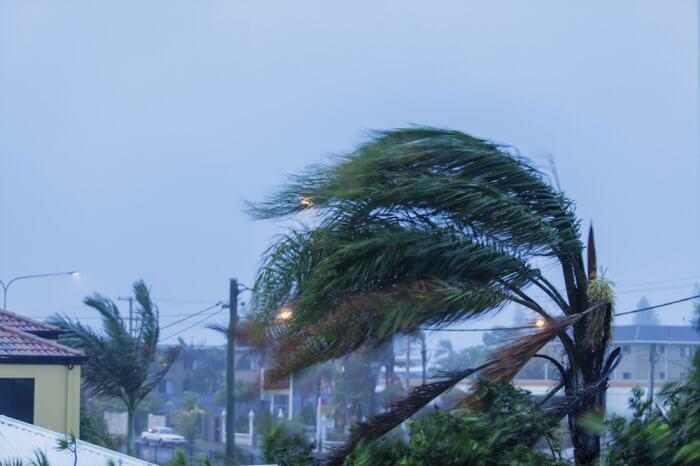
Home buyers are being kept in the dark about property prices, with new research showing less than a third of property listings in Brisbane and Sydney give an indication of seller expectations.
Compare the Market has today unveiled its research, aimed at launching its “Great Australian Scam” campaign to promote property price transparency, protect vulnerable buyers, and help sellers negotiate a fair and reasonable price.
Andrew Winter, Compare the Market’s property expert, said that agents who refuse to offer any price guidance were doing a disservice to their sellers and prospective buyers.
“The lack of pricing transparency is what’s wrong with modern-day Australia’s real estate market,” Mr Winter said.
“Imagine you’re a first-time buyer: you see a listing and you phone the agent for a price guide. Nine times out of ten you’ll get no clear answer, meaning you’ll potentially waste hours of your time viewing and researching a property that’s not even in your budget.
“If you’re that seller, you might miss out on great offers when people give up on looking or lose interest due to the lack of helpful information.
“I believe that the non-pricing strategy originated in the luxury market years ago when sometimes you could argue that high-end property value was quite hard to define.
“Regretfully, this has now spread like a disease to the lower end of the market, where the lack of transparency presents a huge roadblock to less experienced buyers.”
Compare the Market analysed 680 three and four-bedroom house listings in Brisbane and Sydney across two leading real estate websites. They found that just 23% of listings in Brisbane offered a price or expected range with the majority using ambiguous terms like “for sale”, “submit offers” or “contact agent”.
Another 28% of Brisbane listings were set for auction. In Queensland, real estate agents are prohibited from giving a price guide on properties going to auction.
The legislation was introduced in 2017 to prevent agents from underquoting, but Mr Winter said that this could be doing more harm than good.
“Of course when a house goes to auction it could fetch a higher or lower price than expected but wouldn’t you rather have some idea of where the reserve will be set?” Mr Winter said.
“It’s hard to make sense of the contradictory rules that apply across the country. Queensland takes the opposite approach to Melbourne where agents are actually required by law to either provide an asking price or range.
“Policymakers need to be asking, ‘What really best serves our house hunters and property owners?’.”
The situation was slightly better in Sydney where 34% of listings offered a price guide, including a portion of auction listings. However, terms like “for sale” (19%) and contact agent (15%) remain popular.
“We are calling for agents to start pricing properties all across Australia and to remove any legislation that could prohibit this,” Mr Winter said.
“The path to a fairer and more transparent property market is simple. All we need is to allow sellers to ask for the price they want and for buyers to make sure that price works for them.”
*We reviewed 340 property ads in each city region. In each case, we counted 170 property ads for three-bedroom houses on realestate.com.au and 170 property ads for four-bedroom houses on Domain to ensure the listings were unique with no overlap. This snapshot was taken on 13 May 2024.
Compare the Market is a comparison service that takes the hard work out of shopping around. We make it Simples for Australians to quickly and easily compare and buy insurance, energy, travel and home loans products from a range of providers.








